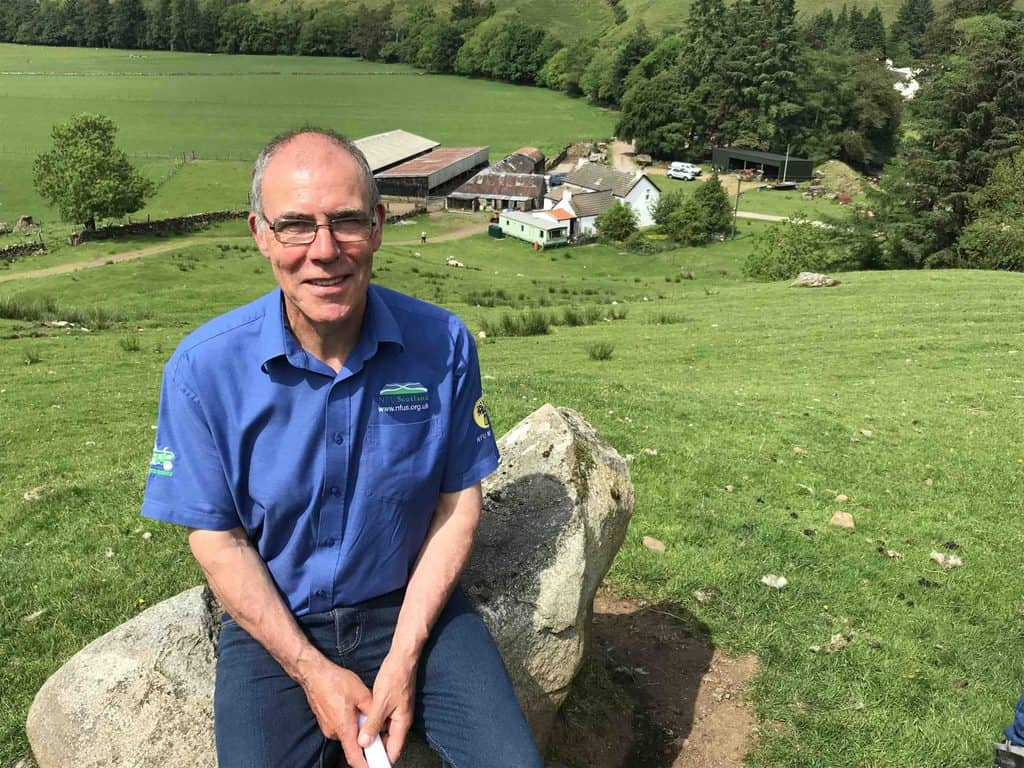Farmers and crofters across the country are being urged by NFU Scotland to support survey work to monitor badger populations and their impact on farming and biodiversity.
A recent NatureScot report highlighted gaps in knowledge relating to badger numbers and population changes in recent years and their interactions with farming and biodiversity. To get a more balanced and accurate understanding, NatureScot is working in collaboration with NFU Scotland to capture some basic information from NFU Scotland members who are ‘on the ground’ and well placed to help fill in some of the knowledge gaps about badger behaviour and populations.
By adopting this collaborative approach, it will hopefully help inform NatureScot on potential areas where some more intensive studies could be carried out into how badgers interact and impact on agriculture and wider biodiversity with the ultimate aim of informing ‘best practice’ policy going forward.
NFU Scotland members can take part in the survey using the following link https://www.surveymonkey.co.uk/r/LX7DDQV
Chair of NFU Scotland’s Environment and Land Use Committee, Angus MacFadyen explained; “We would like to encourage as many members as possible to take part in our short online survey which will run from now into March. We also encourage them to contact NatureScot whenever they become aware of, or suspect they have badger activity on their land.
“Establishing a true record of populations and their activity, is essential to help influence policy going forward and enable us to enhance biodiversity benefits without compromising on agriculture production.
“NFU Scotland welcomes this very positive, collaborative approach with NatureScot and will do what it can to bridge knowledge gaps identified in their recent report.”
Morag Milne, Wildlife Policy Officer, NatureScot added, “We welcome this opportunity to work with NFU Scotland and gather farmers’ and crofters’ experiences on how badgers may impact their land. There is a lack of evidence about their effect in Scotland, and we look forward to working with NFUS to get a better understanding.”





